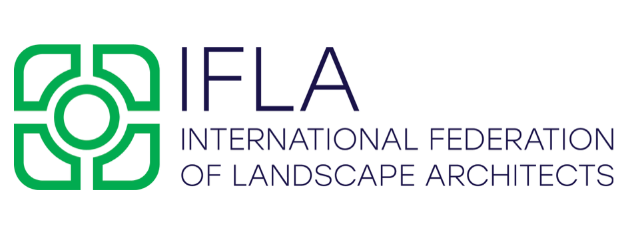International Federation of Landscape Architects: Empowering Professionals in Design and Sustainability
The field of landscape architecture is continually evolving, highlighted by the work of organizations like the International Federation of Landscape Architects (IFLA). This professional body serves as a beacon for landscape architects worldwide, fostering collaboration, innovation, and sustainable design practices. Understanding the role of IFLA and its members can provide valuable insights into the transformative power of landscape architecture and its impact on our environment.
The Mission and Vision of IFLA
Founded in 1948, IFLA aims to unite landscape architects from various regions, promoting excellence in education, practice, and advocacy. With over 70 member countries, IFLA emphasizes the importance of sustainable landscape design and urban planning that respects both cultural heritage and ecological balance. The organization facilitates international dialogue among professionals, helping to develop best practices and innovative design solutions that address pressing global challenges, from climate change to urbanization. IFLA’s commitment to professional development ensures that landscape architects are well-equipped to meet the demands of contemporary society while embracing their role as stewards of the environment.
The Importance of Landscape Architects in Urban Planning
Landscape architects play a crucial role in shaping the environments we inhabit. They are involved in a variety of projects, including public parks, urban plazas, and residential developments, emphasizing the balance between functionality and aesthetic appeal. As cities expand and populations grow, the expertise of landscape architects is vital for creating spaces that are not only visually pleasing but also environmentally sustainable. Their work involves careful planning to manage stormwater, reduce urban heat, and enhance biodiversity. By implementing green infrastructure solutions, landscape architects contribute to healthier communities and improved quality of life for residents.
Educational Pathways and Professional Development
To thrive as a landscape architect, formal education and ongoing professional development are essential. Many landscape architects hold degrees in landscape architecture or related fields, which equip them with the necessary skills in design, ecology, and spatial planning. IFLA plays a pivotal role in supporting educational initiatives around the globe, offering resources and standards for academic programs. Moreover, IFLA organizes workshops, webinars, and conferences that provide networking opportunities and avenues for skill enhancement. These platforms help professionals stay updated with the latest trends and technologies, ensuring they remain competitive in a rapidly changing field.
Conclusion
The International Federation of Landscape Architects serves a vital function in uniting professionals dedicated to landscape design and environmental stewardship. By promoting sustainable practices and providing educational resources, IFLA empowers landscape architects to create spaces that enhance the quality of life for communities worldwide. If you’re interested in this dynamic field or seek to learn more about the work of landscape architects, consider exploring IFLA’s resources and becoming part of this inspiring community. Together, we can shape a more sustainable future, one landscape at a time.

